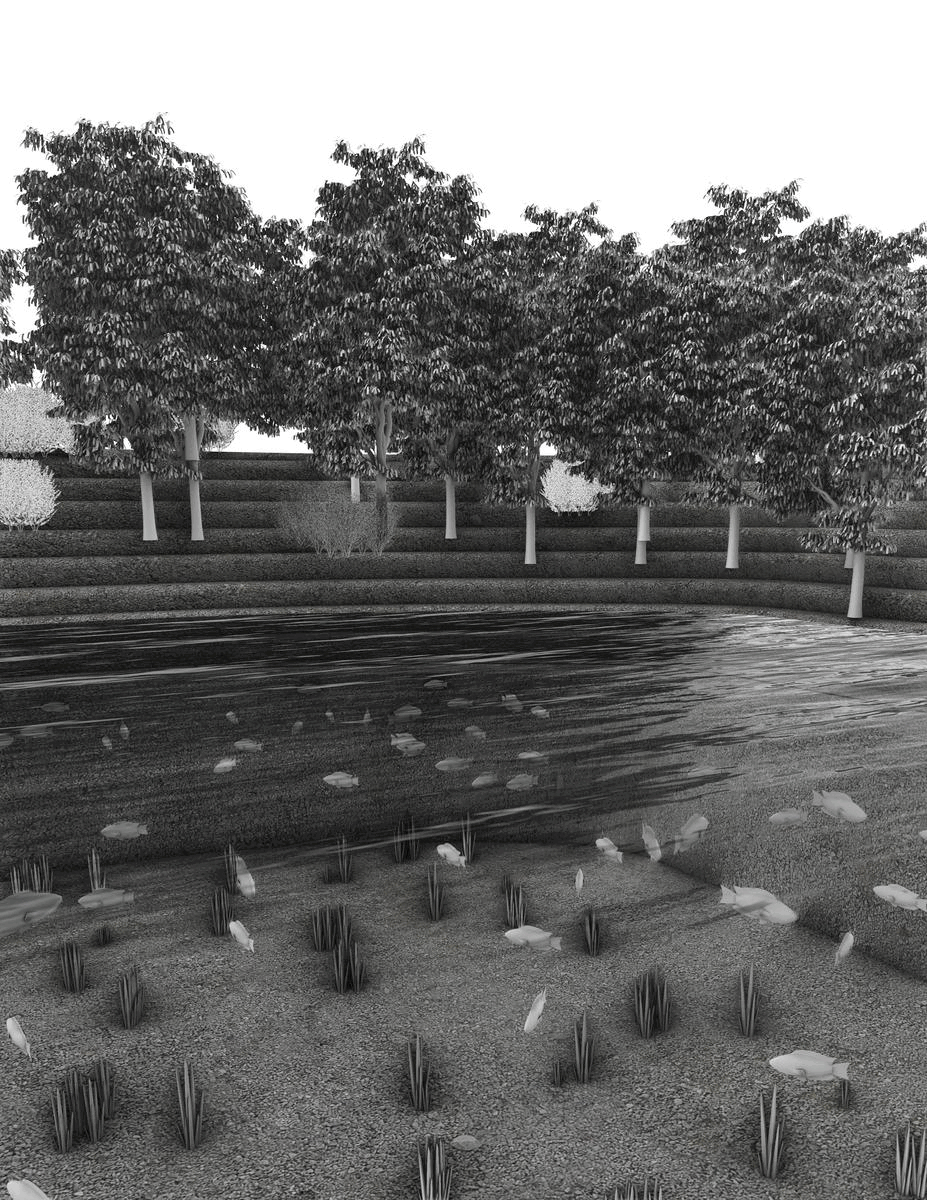Actions
A: EDUCATION
PADLab’s eco-consciousness training programs. Our workshops are designed to introduce a shift in thinking, training participants to inhabit a perspective of animals, plants and landscape elements (e.g., rivers) in an attempt to act and create through this point of view. The workshops can take place at Shenkar or on site, e.g., at an organization’s HQ. PADLab’s tools can be tailored to different target audiences. Potential partners include:
B: DESIGNING & CONSULTING ON DECISION-MAKING AND POLICY-MAKING PROCESSES
Adding nature as an active agent in work and decision-making teams (e.g., in urban or rural planning processes). The process includes:
PADLab’s eco-consciousness training programs. Our workshops are designed to introduce a shift in thinking, training participants to inhabit a perspective of animals, plants and landscape elements (e.g., rivers) in an attempt to act and create through this point of view. The workshops can take place at Shenkar or on site, e.g., at an organization’s HQ. PADLab’s tools can be tailored to different target audiences. Potential partners include:
1. PAD for local authorities
2. PAD for engineers
3. PAD for companies
4. PAD for government bodies
5. PAD for schools — teachers and students
6. PAD for conservation experts and professionals
B: DESIGNING & CONSULTING ON DECISION-MAKING AND POLICY-MAKING PROCESSES
Adding nature as an active agent in work and decision-making teams (e.g., in urban or rural planning processes). The process includes:
1. Designing and implementing a PAD component in project development and planning processes.
2. Supporting decision-making processes (where relevant).
3. Running PAD workshops tailored to the project.
4. Reflecting operative implications throughout the process.


Night Heron; Lamis Onallah, Malak Bshoty, Anwar Aburiash
C: EXHIBITIONS
Initiating, curating and producing exhibitions showcasing local possibilities for post-Anthropocene ecosystems.
D: PAD IN ACADEMIA
E: RESEARCH
Developing theoretical and practical PAD methodologies.
Initiating, curating and producing exhibitions showcasing local possibilities for post-Anthropocene ecosystems.
D: PAD IN ACADEMIA
1. PADLab members teaching PAD courses at Shenkar and elsewhere.
2. PADLab members teaching a full course or incorporating PAD elements into other courses.
3. Courses tailored to the needs of other academic frameworks, designed and taught in collaboration with PADLab.
E: RESEARCH
Developing theoretical and practical PAD methodologies.
Alligator; Noa Brosh, Adam Kenneth
